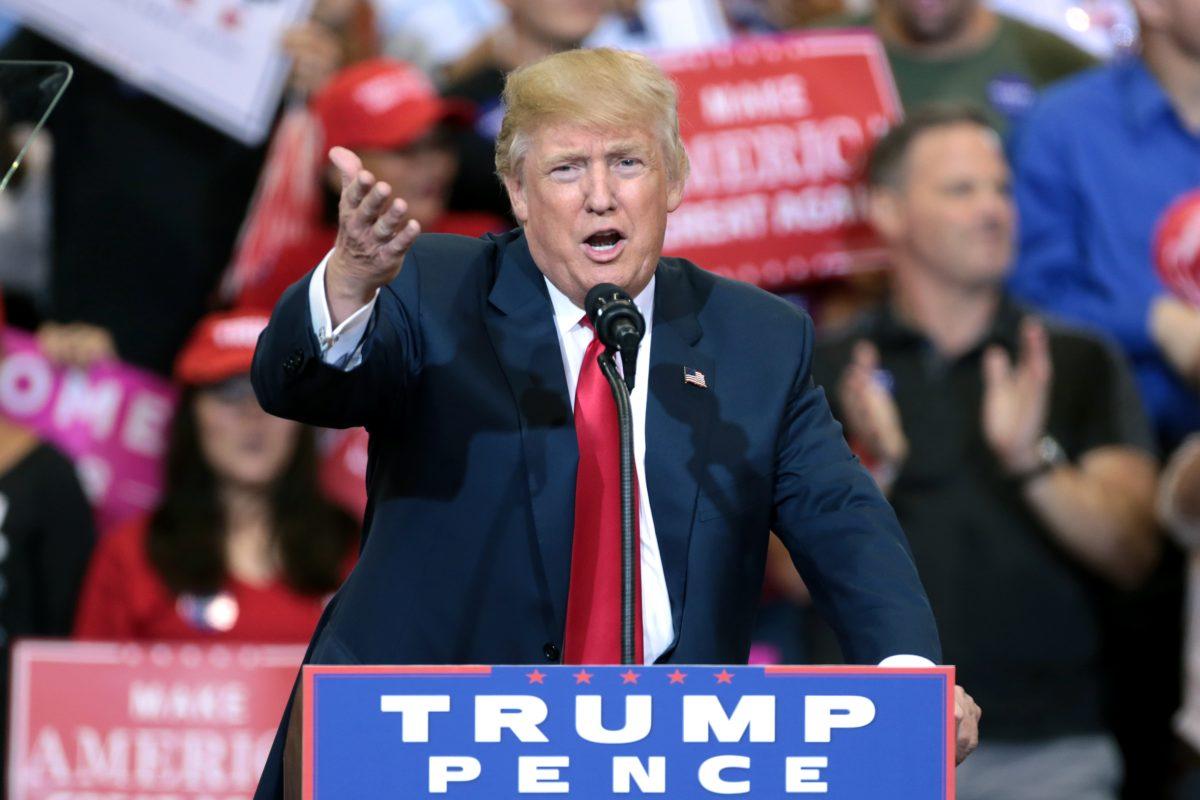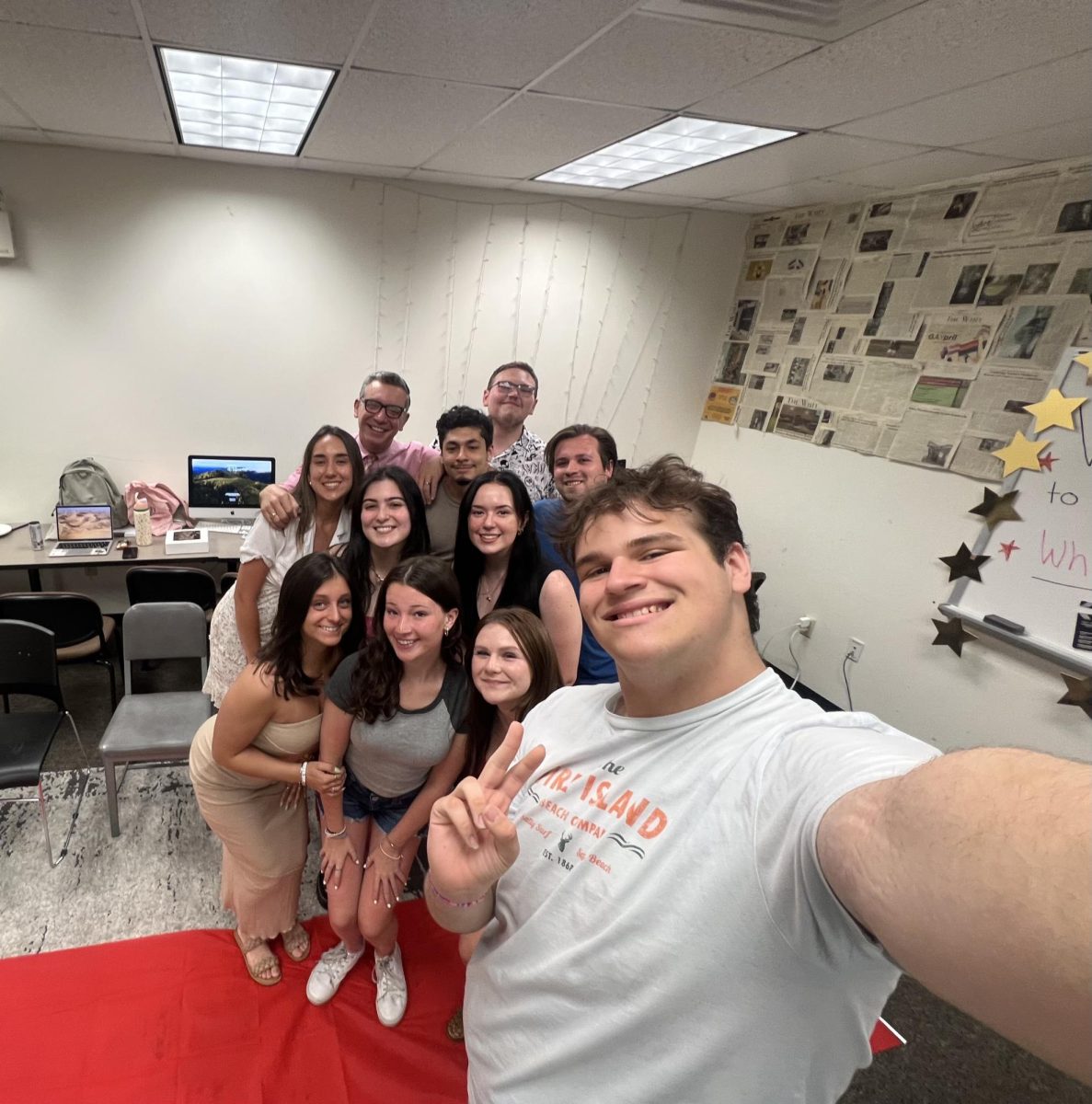Donald Trump’s lifetime in the limelight has been marked by his consistent threats to litigate against critics, business partners and even small business owners who dare to infringe on his famous “you’re fired!” slogan.
The mercurial Trump, in his pre-presidential days, was seen as an icon of wealth. In a stereotypical American way, he represented opulence and upscale living, shadowed in a gilded veneer. For all his high profile successes, there were dizzying failures. For every Trump Tower, there was a Trump University. Whenever there was a road bump, he threatened to sue. According to USA Today, Trump or his companies have been the plaintiff in 1,900 of 3,500 lawsuits.
Since being elected as President in 2016, Trump has raged against enemies across the aisle and in the media, deriding the fourth estate as the “enemy of the people.” He notably attempted to pull the press credentials of CNN’s Jim Acosta in November 2017 and Playboy Whitehouse correspondent Brian Karem in August of 2019.
While he has waged a steadily escalating war of words with prominent publications across the country, he has resisted the urge to follow through with his threats of litigation, until now.
On Feb. 26, 2020, the Trump reelection campaign sued the New York Times for libel, claiming the newspaper “knowingly published false and defamatory statements” in a March 2019 opinion piece in relation to the Russia investigation, a frequent thorn in the president’s side.
With this latest escalation, Trump again takes aim at the freedom of the press, with potentially dire consequences. In early December 2018, Cesar Sayoc, a mentally-unwell supporter of the president, sent more than a dozen improvised explosive devices to the offices of CNN and of several perceived enemies of Trump.
While this lawsuit is unlikely to result in the awarding of punitive damages to the President’s reelection campaign, proving libel against a public figure involves “actual malice” — knowingly publishing false information — this action further erodes trust in the media at a time when industry trust is at an all-time low.
Serving as an intimidation tactic for other publications, it could spell danger for news organizations lacking the financial resources to fight back.
As a student-run university newspaper, The Whit is in a precarious place. While news organizations have libel insurance, the most vulnerable papers will have trouble withstanding a long-running legal battle. These tactics are aimed at curbing unfavorable content, paralyzing news organizations into submission. This trickle-down effect can affect the news ecosystem as we know it, furthering the decline of a once-great industry.
While some may not agree with the reporting direction of the NYT or the content of its opinion pages, it is clear that now is the time to protect the rights of journalists both in America and abroad. When public opinion demonstrates that citizens are willing to support journalists, news reporting will become more accessible for outlets that may not be able to afford hefty libel insurance.
Quality independent journalism is dependent on how well it can field threats to the First Amendment; it’s time for Americans to rally for press freedoms, both on college campuses and beyond.
For comments/questions about this story, email [email protected] or tweet @TheWhitOnline.

























































































































































!["Working with [Dr. Lynch] is always a learning experience for me. She is a treasure,” said Thomas. - Staff Writer / Kacie Scibilia](https://thewhitonline.com/wp-content/uploads/2025/04/choir-1-1200x694.jpg)












































